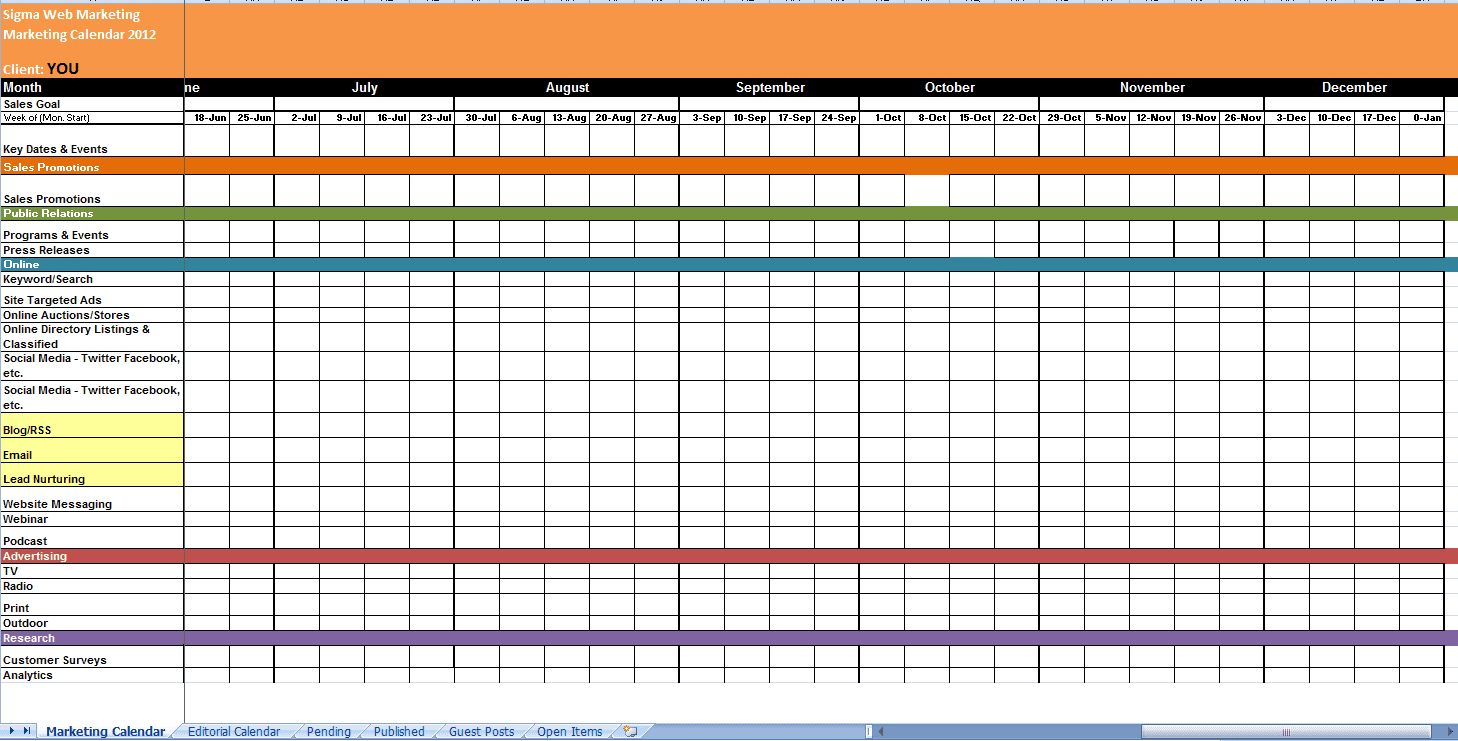 No, seriously, what’s the point? The nondescript “they” tell us we need to blog so many times per week and they give us blogging best practices like using keywords, adding images, using catchy titles and optimizing on-page SEO. That’s all good and fine – we have to understand how to do the things we need to do. But just as importantly, we need to understand why it’s important.
No, seriously, what’s the point? The nondescript “they” tell us we need to blog so many times per week and they give us blogging best practices like using keywords, adding images, using catchy titles and optimizing on-page SEO. That’s all good and fine – we have to understand how to do the things we need to do. But just as importantly, we need to understand why it’s important.
For all of you, who, like me, constantly asked your math teacher why learning how to do geometric proofs and quadratic equations matters, this post is for you. For all of you happy to continue doing what you’re doing because you were told this is the right thing to do, this post is for you, too.
Blogging with a Purpose
To forget one’s purpose is the commonest form of stupidity. –Friedrich Nietzsche
I’m going to get philosophical here for a moment. Bear with me. Every day, we get up and go to work. Why? We have a purpose. It’s to make money, to be useful to society, to make the world a better place. It may be one or all of these. Everything we do, in fact, we have a purpose for. If we don’t have a purpose, why are we doing it?
Successful inbound marketers don’t do anything unless it has a purpose. That includes social media, email marketing, PPC, website redesign, and, you guessed it, blogging. So what’s our purpose in blogging?
Seeing the Bigger Picture
When I was first hired as the Chief Content Officer, I thought my job was to handle this one marketing activity for our clients. I believed that blogging was done more or less in a silo, and what the account manager was up to didn’t affect what I was doing. Boy, was I wrong.
I quickly realized that the blog topics had to be planned and timed around what marketing campaigns we were doing. Those campaigns were defined by the client’s goals (purpose). Meanwhile, most of what was being pushed on social media was defined by what I was blogging about. Also, my blog posts had to be relevant to our landing page offers, which were also connected to the campaign. Blogging, it turned out, is part of a much larger effort and strategy to meet the clients’ goals.
Defining Goals for Your Blog
Not every company does full marketing campaigns/strategies. Many have to pick and choose which tactics they will use to make the best impact, based on their resources. The good news is, you don’t have to go full-blown with inbound marketing for your blog to be effective. Here are some simple ways to make your blog work harder for you.
Define 1-3 General Blog Goals
What purpose do you want your blog to achieve? Do you want to bring in more website traffic or convert visitors to leads? Do you want to educate your readers, change their perspective, entertain them, or advance their skills? (Hint: You don’t have to choose just one) You need to think about your audience, what their needs are, and how you can fulfill those needs.
Define 2 Goals for Each Post
The first one is for your business. A goal could be showing off expertise in an industry, building rapport with your audience, eliciting comments/engagement from your followers.
The second one is for your readers. What do you want them to get out of the post? How will this post help them? I would argue that this goal is more important than your business goal because if you are writing with your audience in mind, you will more likely write content that is relevant and useful to them, making them want to come back for more.
Create Blogging Principles
Part of making your blog useful and relevant to your readers, and therefore more effective, is being consistent. Having blogging principles or content governance can help keep your message, style, tone, and voice more consistent. Click here to read about creating content governance.
Connect Blogging to Your Bottom Line
Regularly check how many leads are coming from your blog and your click-through rates. Which blog posts are drawing the most visitors to click to a landing page or other call-to-action? Which ones were responsible for converting visitors into leads. If you analyze these closely, you’ll begin to notice patterns of what is drawing readers in for more. You can also see which types of blog posts consistently fail to provide anything at all. Now you can continue writing the posts that will ultimately affect your bottom line (for the better!).
Get Organized
Knowing what marketing and business events are coming up, what projects are in the making, and what campaigns are going on will give you a general guide for what to be blogging about. Getting ahead of the curve by planning your blog posts a month or so in advance will also help make your blog more effective. The easiest way to keep track of all of that is in a marketing and editorial calendar. If you don’t have one already, you can download ours for free by clicking on the image below!
Finally, time and practice will help you define and refine your blogging purpose, and really understand why you do it.
2017 Marketing and Editorial Calendar
Successful marketing begins with a plan. Keep track of all your marketing efforts in one customizable marketing & editorial calendar.





